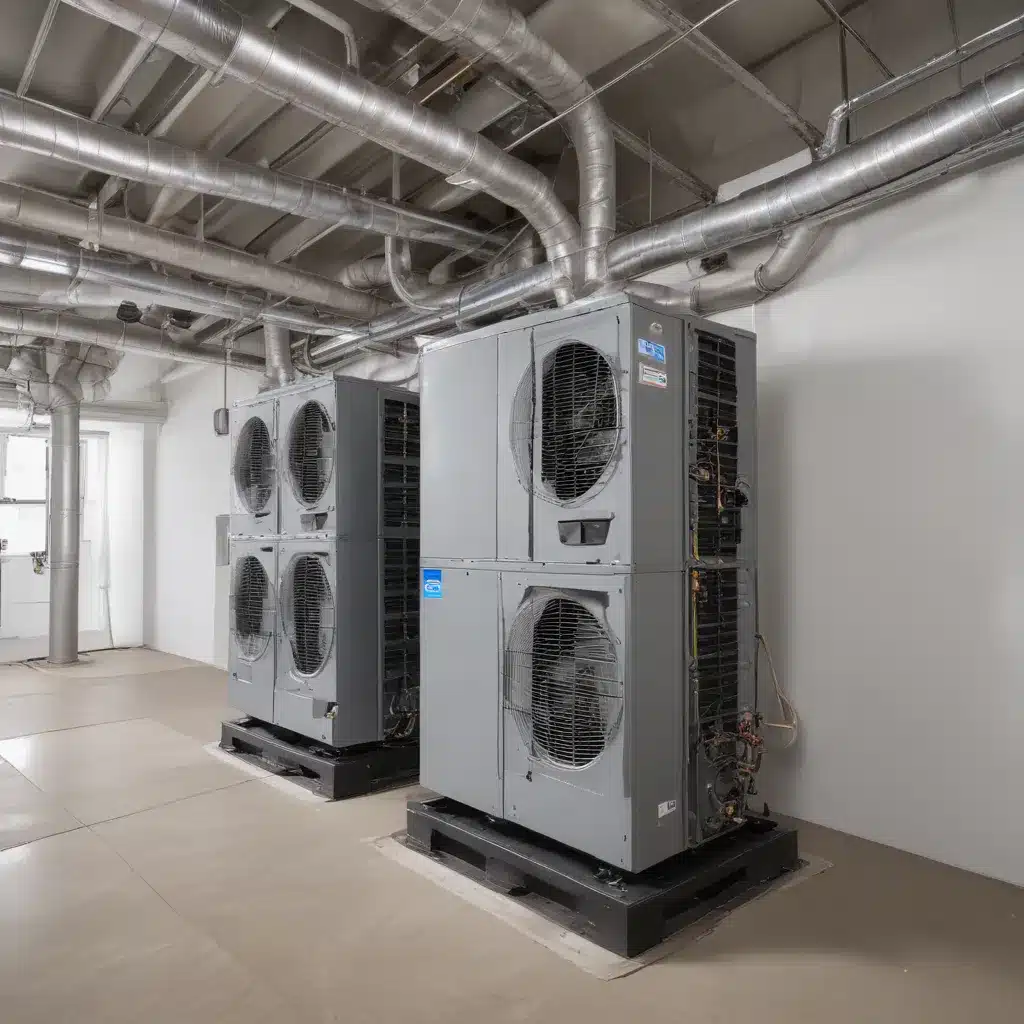
Top Energy-Saving HVAC Technologies
In today’s world, where energy efficiency and environmental responsibility are top priorities, the HVAC (Heating, Ventilation, and Air Conditioning) industry has stepped up to the challenge. In our 10 years of HVAC service experience… Homeowners and businesses alike are seeking ways to reduce their energy consumption and carbon footprint, and the HVAC sector has responded with a host of innovative, energy-saving technologies.
As an experienced HVAC specialist, I’m excited to share with you the top energy-saving HVAC technologies that are transforming the way we heat, cool, and ventilate our indoor spaces. From advanced heat pumps to high-efficiency furnaces and cutting-edge air conditioning systems, these technologies are designed to provide optimal comfort while minimizing energy usage and costs.
HVAC Fundamentals
Before we dive into the energy-saving technologies, let’s first establish a basic understanding of HVAC systems and their key components.
HVAC Systems: HVAC systems are responsible for maintaining the temperature, humidity, and air quality within a building. The main components include the furnace (or boiler) for heating, the air conditioner (or heat pump) for cooling, the ductwork for air distribution, and the thermostat for temperature control.
HVAC Components and Operations: The furnace, often powered by gas, oil, or electricity, heats the air that is then circulated throughout the building. The air conditioner, on the other hand, removes heat and moisture from the air, cooling the indoor environment. The evaporator coil, located inside or near the furnace, aids in the cooling process, while the thermostat acts as the control center, allowing users to set desired temperatures and regulate the system’s operation.
Heating and Cooling Solutions
When it comes to energy-efficient HVAC technologies, two stand out as particularly noteworthy: high-efficiency furnaces and advanced heat pumps.
High-Efficiency Furnaces: Furnaces with an Annual Fuel Utilization Efficiency (AFUE) rating of 90% or higher are considered high-efficiency. These furnaces are designed to convert the majority of their fuel into usable heat, minimizing energy losses and resulting in significant energy savings for homeowners. By squeezing every last drop of energy from their fuel source, high-efficiency furnaces are the champions of efficient fuel usage.
Advanced Heat Pumps: Heat pumps are a versatile and energy-efficient solution, capable of both heating and cooling a building. These systems work by transferring heat rather than generating it, making them highly efficient. There are several types of heat pumps, including air-source, geothermal, and ductless mini-split systems, each with its own advantages. Typically, heat pumps have Seasonal Energy Efficiency Ratio (SEER) ratings ranging from 20 to 25, indicating their exceptional energy-saving capabilities.
Indoor Air Quality
Beyond heating and cooling, energy-efficient HVAC technologies also play a crucial role in maintaining indoor air quality (IAQ). Proper ventilation and air filtration are essential for creating a healthy, comfortable indoor environment.
Ventilation and Air Filtration: HVAC systems are responsible for circulating and filtering the air within a building. Advanced systems can incorporate high-efficiency particulate air (HEPA) filters, which trap even the smallest airborne particles, including dust, pollen, and other allergens. This helps to improve indoor air quality and create a cleaner, more breathable environment for occupants.
Humidity Control: Maintaining the right balance of humidity is another important aspect of indoor air quality. HVAC systems with advanced humidity control capabilities can help regulate the moisture content in the air, preventing issues like mold, mildew, and respiratory discomfort.
Optimizing HVAC Efficiency
Achieving maximum energy efficiency from your HVAC system requires a multi-faceted approach, including proper installation, regular maintenance, and the implementation of smart technologies.
Preventative Maintenance: Regular tune-ups and inspections of your HVAC system are crucial for maintaining its efficiency and longevity. Replacing air filters, cleaning components, and addressing any issues promptly can help your system operate at its best, reducing energy consumption and extending its lifespan.
System Efficiency Techniques: Simple adjustments, such as programming your thermostat to optimize temperature settings and ensuring proper ductwork sealing and insulation, can also contribute significantly to your HVAC system’s energy efficiency.
Seasonal Preparation: Preparing your HVAC system for seasonal changes, such as adjusting settings for winter heating or summer cooling, can help it operate more efficiently and reduce energy usage during peak demand periods.
Emerging HVAC Technologies
The HVAC industry is continuously evolving, and the latest advancements in technology are revolutionizing the way we heat, cool, and ventilate our indoor spaces.
Smart Home Integration: Intelligent thermostats and automated HVAC controls are becoming increasingly popular, allowing homeowners and building managers to precisely monitor and manage their energy usage. These smart technologies can learn and adapt to occupancy patterns, weather conditions, and other factors, optimizing the system’s performance and delivering significant energy savings.
Renewable Energy Integration: The integration of renewable energy sources, such as geothermal heat pumps and solar-powered HVAC systems, is another exciting development in the energy-efficient HVAC landscape. These technologies harness clean, sustainable energy to provide heating and cooling, reducing the reliance on traditional fossil fuels and minimizing the environmental impact of HVAC operations.
Advanced Energy-Efficient Features: HVAC manufacturers are constantly pushing the boundaries of efficiency, offering high-efficiency models with features like variable-speed compressors, advanced controls, and innovative refrigerants. These technologies are designed to minimize energy consumption while maintaining optimal comfort and indoor air quality.
As an experienced HVAC specialist, I’m proud to see the industry leading the charge in energy efficiency. By embracing these cutting-edge technologies and implementing best practices, homeowners and businesses can enjoy the comfort of a well-regulated indoor environment while significantly reducing their energy costs and environmental footprint.
To learn more about energy-saving HVAC solutions and how US Air Contractors can help you achieve your energy efficiency goals, I encourage you to explore our comprehensive services and explore the latest innovations in the industry.
Example: Essential Summer AC Maintenance Tips 2023


